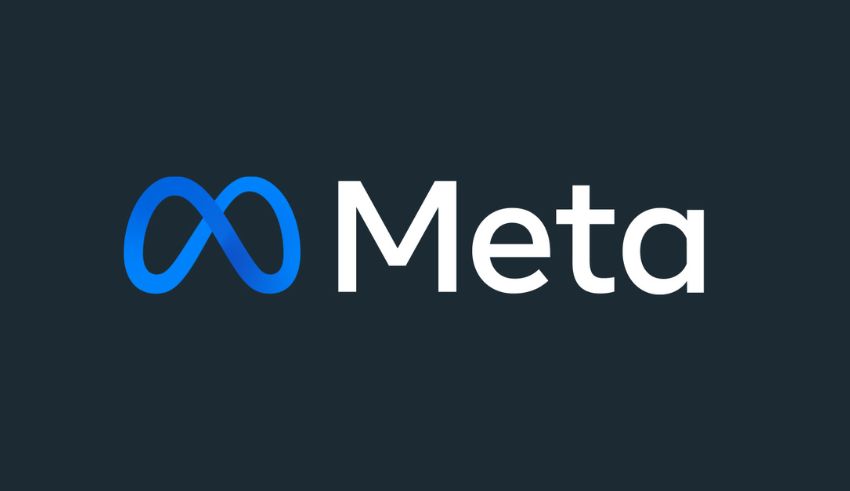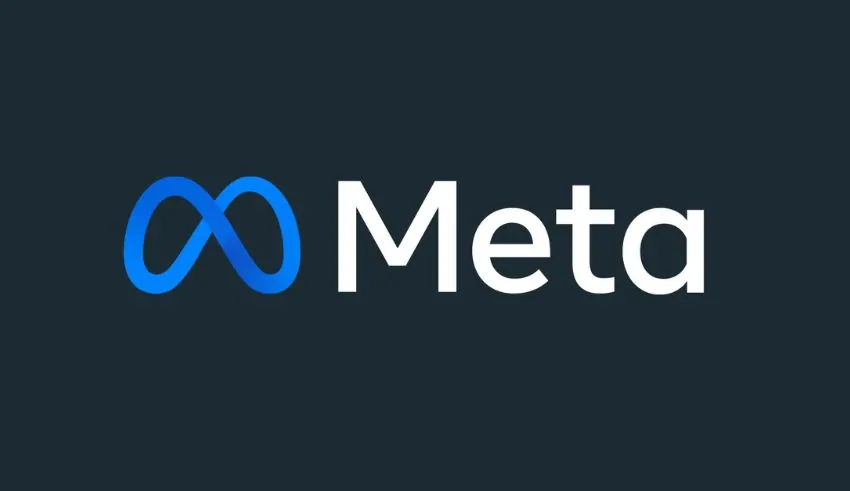

(C) Meta
The Personal Information Protection Commission (PIPC) has targeted Meta, the parent corporation of Facebook, Instagram, and WhatsApp, fined 21.6 billion won (approximately $15 million), After extensive inquiry showed Meta had been illegally collecting incredibly sensitive data from millions of Facebook users, this sentence follows. Among the data collecting subjects were users’ political views, religion beliefs, even their sexual orientation. Shockingly, Meta sent thousands of advertisers without consumers’ express authorization for this private data. Particularly with regard to personal data storage and usage, this legal action aligns with a more general trend of greater regulatory surveillance of major digital companies.
Under instruction of the PIPC, Meta has been compiling private and sensitive personal data from around 980,000 Facebook users in South Korea without properly obtaining their explicit authorization from July 2018 until March 2022. Among the acquired information were politically sensitive elements including users’ political affiliations, sexual orientation, and religious preferences. Meta gathered this information by looking at favorite pages and ad activity on Facebook.
Meta would deduce a user’s political views, for example, if they liked materials linked to a particular political party or group. Meta would infer a user’s sexual orientation similarly if they came across content on LGBTQ+ concerns or causes. Usually subject to strict legal safeguards in many nations, such sensitive information can greatly affect people’s privacy.
Strong privacy laws in South Korea demand that companies before they collect or handle any sensitive data, they seek explicit, informed, and unequivocal authorization from customers. Meta’s fundamental requirement was unnoticed. The investigation revealed that Meta’s activities violated these rights, suggesting that the company had failed to get the necessary permission before compiling such data, thus compromising customer privacy.
The fact that Meta revealed this private information to more than 4,000 companies aggravates the issue even further. Then, with this knowledge, advertisers tailored certain demographic groups with tailored adverts, therefore creating a very customized marketing plan depending on the sensitive data Meta acquired. Users who showed political leaning by liking particular party pages or interacting with political content—for example—were presented ads that fit their predicted viewpoint. Users who engaged with LGBTQ+ content could also be targeted with advertising linked to LGBTQ+ concerns or products sold exclusively to this demographic.
Meta did not inform users that so many advertisers were receiving their personal information, so this data-sharing becomes controversial. Users were also not requested for particular authorization about the possible sharing of their data with outside organizations. This mistrust of confidence and disregard to advise consumers on the handling of their data seriously breached privacy standards. The PIPC noted that Meta had not only omitted to appropriately inform customers on the degree of advertising use of their personal data but also neglected to secure the necessary permission.
One of the primary issues underlined during the investigation was Meta’s lack of transparency on its rules of data acquisition and usage. According to the PIPC, Meta’s vague privacy policies and user agreements practically make it difficult for consumers to know exactly what data was being collected, how it was being used, and with whom it was shared. Meta’s privacy policy said it used user data for targeted advertising, but it did not go into enough detail on how specific data pieces—such political opinions or sexual orientation—were being used for advertising aims.
This lack of transparency worries privacy advocates and authorities all around especially as more personal data is collected and used for corporate and commercial purposes. Companies like Meta often make generic remarks on data collecting without precisely stating how and why particular data is obtained, therefore depriving users of awareness on the fate of their personal information.
Furthermore revealing significant security issues on Meta’s side that led to data leaks and further user information exposure to illicit access was the PIPC’s research. Meta’s failure to properly lock inactive Facebook accounts proved to be one of the key issues found. These deleted or incorrectly barred accounts start to attract hackers. Cybercriminals established identities and sought password resets on other Facebook users using these dormant accounts.
Meta approved these password resetting requests occasionally without looking enough to verify their legitimacy. Lack of suitable security systems allows hackers to illegally access personal information, therefore compromising users’ privacy and data. At least ten Facebook users in South Korea were compromised by this security flaw, therefore compromising Meta’s reputation on user data security.
Meta’s failure of basic security steps including removing dormant accounts or appropriately validating password reset requests clearly showed the PIPC her lack of due care in safeguarding user data. This negligence was a major determinant of the decision to impose a sanction since it seriously violated individual’s privacy and data security.
Meta has already been sued for exploiting user data, hence this fine is not the first one. For illicit data harvesting across several websites, the South Korean authorities fined Meta and Google a whopping 100 billion won (approximately $72 million). This data revealed that both companies were tracking consumer internet activity without their knowledge in order to provide customized advertising. In 2020 Meta was also fined 6.7 billion won (approximately $4.8 million) for illegally sharing users’ personal data to third parties without their permission.
These ongoing violations draw attention to Meta’s disturbing inclination toward contempt of user privacy. Notwithstanding earlier fines, the company’s data processing practices continue to raise questions for authorities—especially in South Korea, which has been vigilant in protecting personal data. The most recent fine reminds us that tech behemoths like Meta have to give user permission and openness top priority in their data operations; they cannot afford to flout privacy standards.
The growing fines and legal actions against Meta point to a change in acceptance of privacy intrusions from past times. Companies like Meta are under more pressure to examine user data since concerns about personal data collecting and use keep rising globally. Governments all across are passing stricter laws to protect personal privacy; Meta’s ongoing issues highlight the challenges big internet companies have handling this shifting environment.
Meta’s investigation conforms to a more general government action pattern aimed at digital behemoths. As growing concerns with data privacy, transparency, and user consent demand for, governments are moving more strongly in making firms accountable for their data activities. Meta and other companies who ignore consumers’ right to privacy should be soberly reminded by South Korea’s sentence of significant financial fines and long-standing brand damage.
Meta has to act immediately to examine its security, sharing, and data collection procedures given the most recent fines and ongoing legal challenges. The company will have to create more open privacy policies, gain unambiguous consumer approval, and support enhanced security projects if it wants to stop data leaks. Ignoring privacy regulations and maintaining poor security measures could lead to more serious fines and extra legal actions.
Meta needs to handle a fast changing legal environment as governments all over strengthen their control over data protection. Big IT businesses’ reign of unrestrained data collecting and exploitation is definitely coming to an end; Meta will have to adapt to new privacy standards to avoid more fines and rebuild trust with both consumers and authorities equally.
BLACKPINK is planning their fourth concert tour across the globe and their brand-new album for release in 2025. Member Lisa…
The 2024-2025 BOC Life Hong Kong Premier League is a different league which is structured with triple-round robin competition every…
On May 5th the 2025 Met Gala will glitter the world through its return to The Metropolitan Museum of Art…
‘Children’s Day’ is celebrated annually on 5 May in South Korea, on this day across the nation many campaigns, creative…
May is one of the crucial financial months in a year, if you have any important transactions or any official…
If you happen to breathe K-drama, then your 'May 2025' will most likely be well-rendered into a month! Romantic sagas,…
This website uses cookies.
Read More